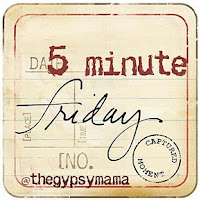If you’re visiting my blog today for the first time, there’s a good chance you found it after listening to me on Seize the Day with Gus Lloyd on Sirius XM’s The Catholic Channel. I just finished up the interview and now I’d like to share a bit more background beyond what we were able to cover in a scant twenty minutes.
I talked about how I made my final decision to join the church. Here’s a more in-depth description of that decision appropriately titled “One, Holy, Catholic, and Apostolic.”
I briefly mentioned how the Church is filled with the Holy Spirit, but also filled with flawed, sinful people. I wrote about that too in a post titled “Wonderful, Frustrating, Incarnate.”
I mentioned the role my wife had in my conversion. A brief version of that story, titled “A garage sale treasure brought me to the Church” was featured in the Jan/Feb Issue of Catholic Digest, and the longer version, titled “Beautiful Whispers” is online at Why I’m Catholic.
Can you believe I forgot to mention my Sacred Heart Picture?
Also, I talked about my amazing daughter Anna. I write about her more than anyone or anything else. In fact, I’ve written enough to fill a book. It’s called A Smile for Anna, and I am currently exploring avenues to publication.
I hope these links I provided give you a better idea of who I am. Thank you for listening, and visiting and may God bless you.
P.S. I forgot how fast New Yorkers talk!






